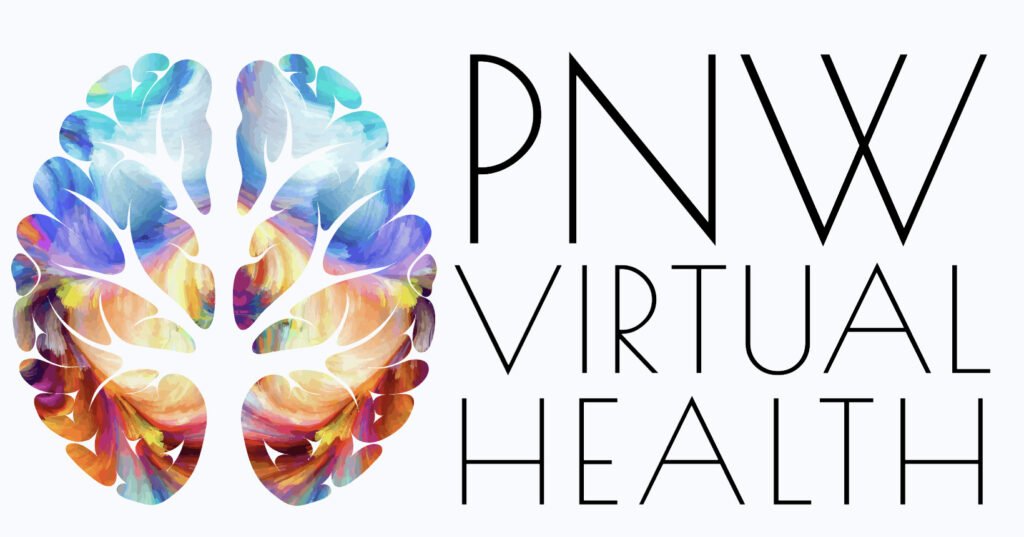Introduction:
Attention Deficit Hyperactivity Disorder (ADHD) is a neurodevelopmental disorder that affects millions of people worldwide. Despite its prevalence, ADHD often goes undiagnosed or misunderstood. Recognizing the signs and symptoms is the first step towards understanding and managing this condition effectively and allows you to answer the question: Do You Have ADHD? In this blog post, we’ll explore how individuals can educate themselves about ADHD and recognize its presence in their lives.
Understanding ADHD:
Characterized by persistent patterns of inattention, hyperactivity, and impulsivity that interfere with daily functioning and development, ADHD can persist into adulthood, affecting various aspects of life, including work, relationships, and academic performance.
Recognizing the Signs:
Identifying ADHD in oneself can be challenging! The symptoms can overlap with other conditions or be dismissed as personality traits. However, several key indicators may suggest the presence of ADHD:
- Inattention: Individuals with ADHD may struggle to focus on tasks, often becoming easily distracted or forgetful. They may have difficulty following instructions or completing assignments.
- Hyperactivity: While hyperactivity is more noticeable in children, adults with ADHD may experience inner restlessness or a constant need for stimulation. They may have difficulty sitting still or engaging in quiet activities.
- Impulsivity: Impulsivity manifests as acting without considering consequences. This may include interrupting others, making hasty decisions, or engaging in risky behaviors.
- Disorganization: Individuals with ADHD often struggle with organization and time management. They may frequently lose items, miss appointments, or have messy workspaces.
- Difficulty with Sustained Effort: Despite their best intentions, individuals with ADHD may struggle to maintain effort over time, leading to incomplete projects or abandoned goals.
Seeking Professional Guidance:
While recognizing these signs can be insightful, a formal diagnosis by a qualified healthcare professional is essential. Psychiatrists, psychologists, and other mental health professionals can conduct comprehensive evaluations to assess ADHD symptoms and rule out other possible causes.
